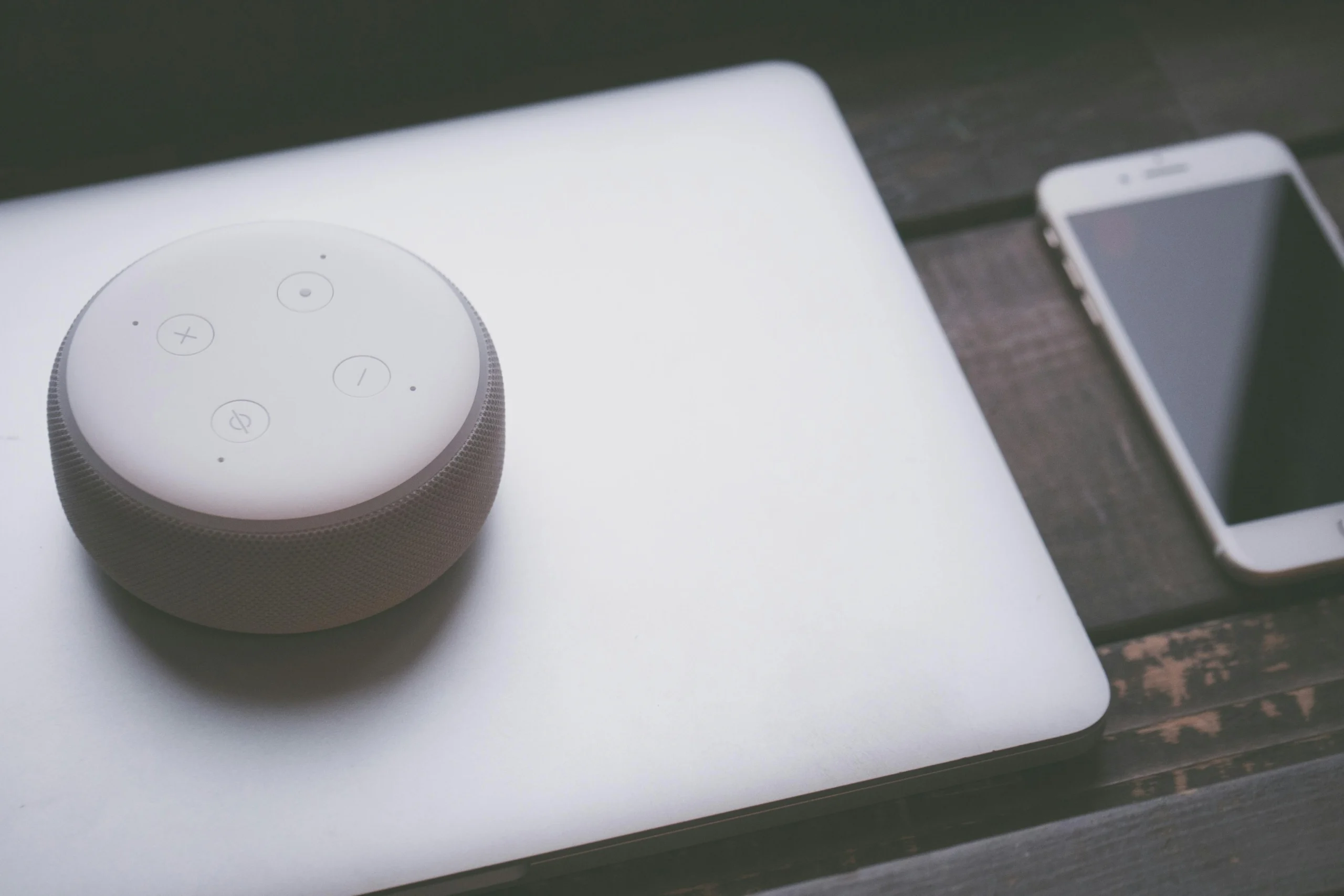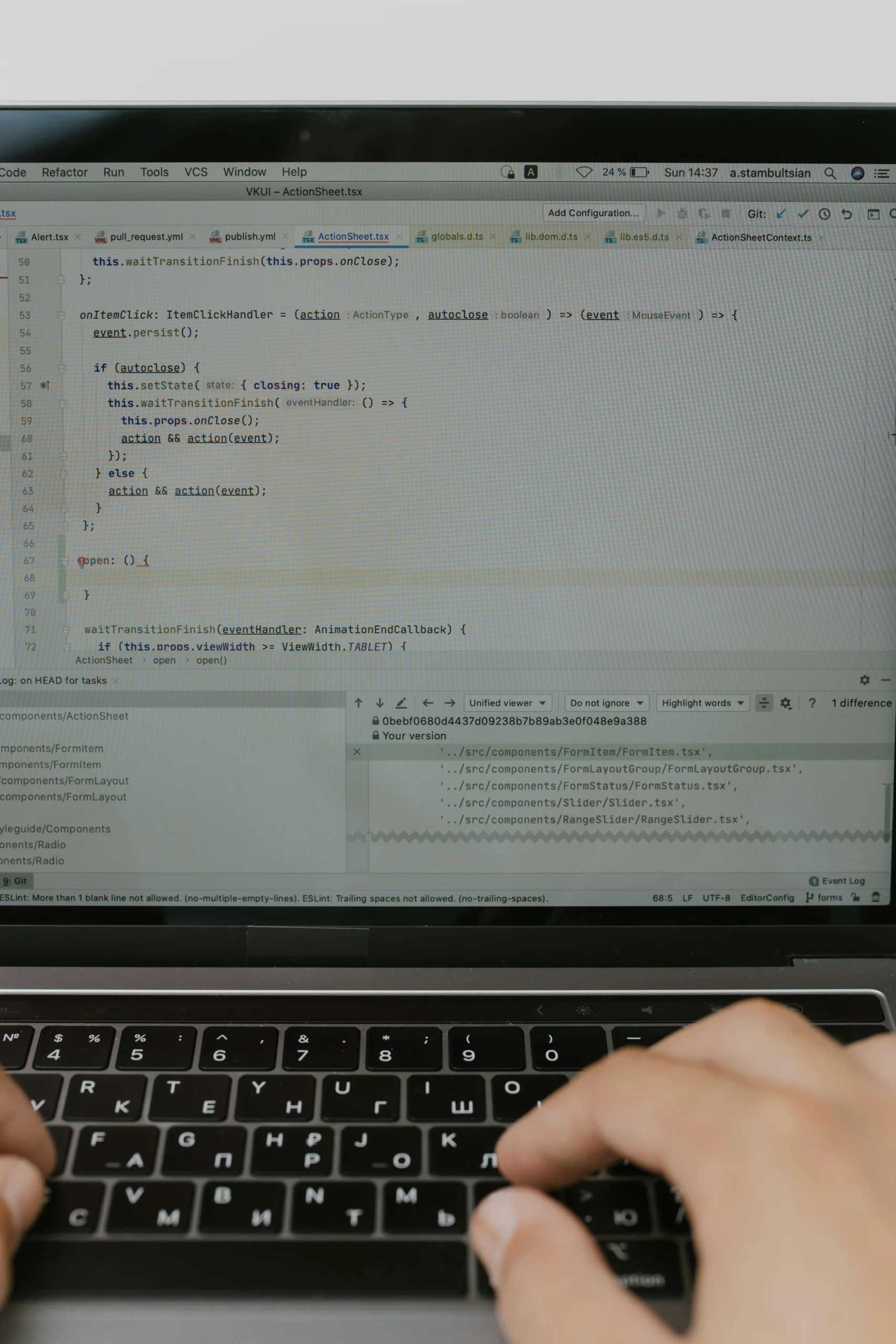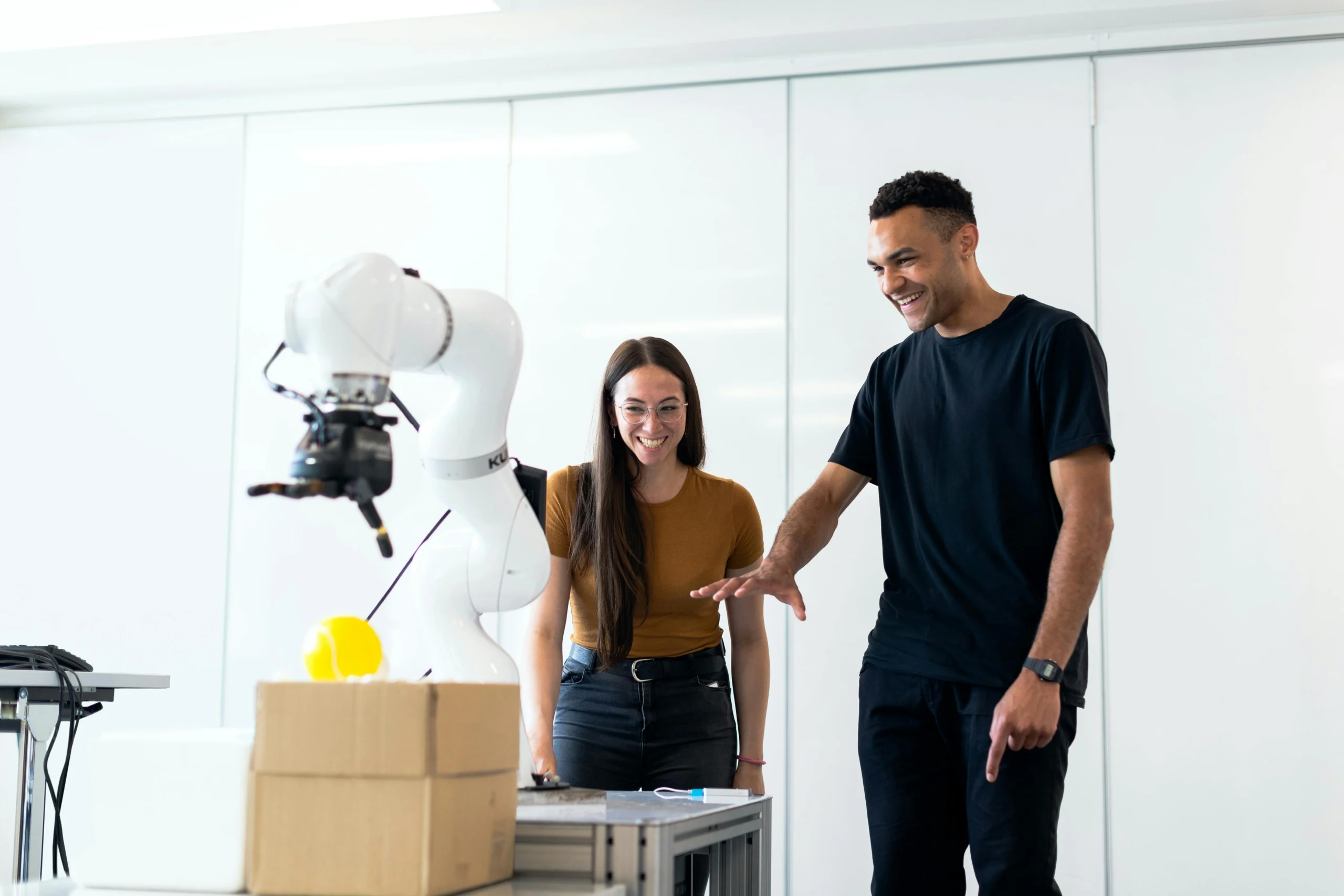The research challenges the prevailing theory of model collapse, which suggests that recursively trained LLMs are prone to performance degradation. Through controlled experiments, it was shown that implementing selective feedback not only slows down decay but actually reverses it, highlighted by a 6.6% improvement in ROUGE-L F1 score for the quality-filtered condition. The contrast with a foundational experiment using a simple classifier further emphasizes the unique dynamics at play within high-dimensional models.
These findings have important implications for AI safety and development. They suggest that systemic resilience can emerge from simple selection pressures, paving the way for creating safer, more robust AI systems. If the Anti-Ouroboros Effect can be harnessed effectively, it could lead to breakthroughs in how learning systems are designed, potentially mitigating risks associated with AI degeneration and instability in recursive training environments.
👉 Pročitaj original: arXiv AI Papers








